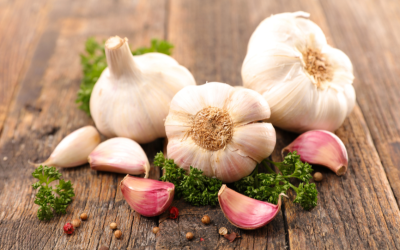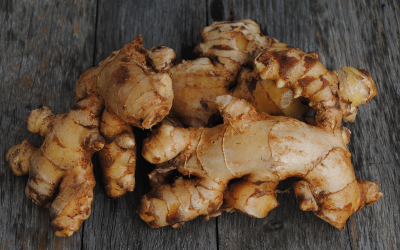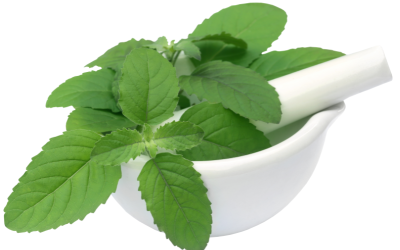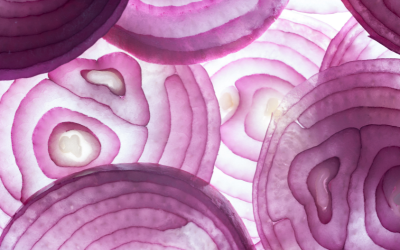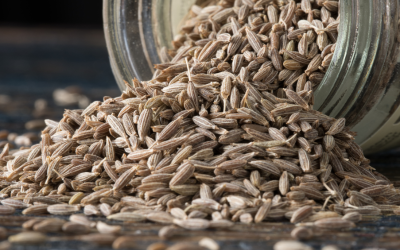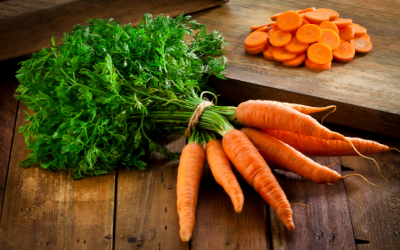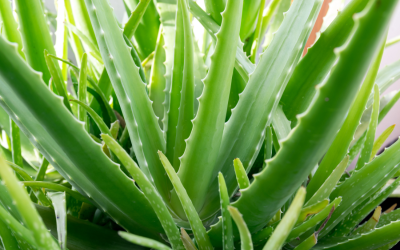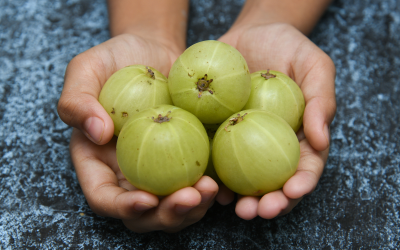The Medicinal Value of Coriander, One Cure for Many Diseases
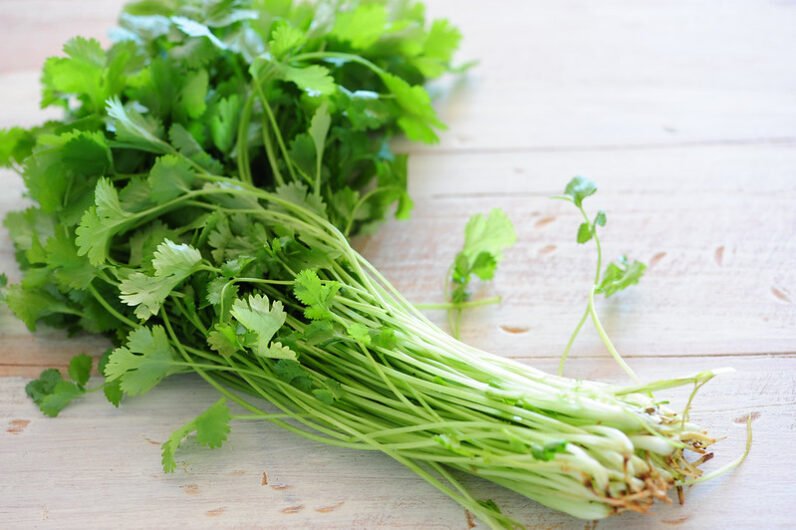
Coriander, also known as cilantro or Chinese parsley, is a versatile herb commonly used in culinary preparations around the world. Apart from its delightful flavor and aroma, coriander offers numerous health benefits that make it a valuable addition to our daily diet.
Coriander is a native of the Mediterranean region, where it has been grown since ancient times. It is extensively cultivated in Europe, North America, India, South America, South America, Malaysia, Thailand and China. It thrives in black and arid regions.
Health Benefits of Coriander
Coriander is rich in various food elements. An analysis of coriander leaves shows them to contain moisture 86.3 %, protean 3.3 %, fat 0.6 %, minerals 2.3 %, fiber 1.2%, and carbohydrates 6.3 % per 100 grams.
The seeds were shown to contain moisture 11.2%, protean 14.1%, fat 16.1%, minerals 4.4%, fiber 32.6%, and carbohydrates 21.6% per 100 grams.
Their minerals and vitamin contents include calcium, phosphorus, Iron, carotene, thiamine, riboflavin, and niacin. Their calorific value is 288.
You can consider it for the following benefits.
1. Rich in Nutrients: Coriander is packed with essential vitamins and minerals such as vitamin C, vitamin K, potassium, manganese, and iron. These nutrients play a vital role in maintaining overall health and well-being.
2. Digestive Aid: Coriander has been traditionally used as a digestive aid due to its carminative properties. It helps to alleviate indigestion, bloating, and flatulence by stimulating the production of digestive enzymes.
3. Anti-Inflammatory Properties: The presence of antioxidants in coriander helps to reduce inflammation in the body. Regular consumption of coriander may help in managing conditions like arthritis and other inflammatory disorders.
4. Heart Health: Coriander contains compounds that have been linked to reducing cholesterol levels and blood pressure, thus promoting heart health. Including coriander in your diet may help in preventing cardiovascular diseases.
5. Detoxification: Coriander is known to possess detoxifying properties, aiding in the removal of heavy metals and toxins from the body. This makes it an excellent addition to a cleansing diet or detox program.
Healing Power & Methods to Use Coriander
1) Digestive Disorders: One or two teaspoons of coriander juice, added to fresh buttermilk, is highly beneficial in treating digestive disorders such as indigestion, nausea, dysentery, hepatitis, and ulcerative colitis. It is also helpful for typhoid fever.
Dry coriander treats diarrhea and chronic dysentery, as well as being useful in acidity. A paste made from dry coriander, green chilies, grated coconut ginger, and black grapes without seeds is a remedy for abdominal pain due to indigestion.
2) Small Pox: One teaspoon of fresh coriander juice, mixed with 1 or 2 seeds of banana, given once daily regularly, for a week is a very effective preventive measure against smallpox. It is believed that putting fresh leaf juice in the eyes, during an attack of smallpox, prevents eye damage.
3) High Cholesterol Levels: Regular drinking of coriander water helps lower blood cholesterol as it is a good diuretic and stimulates the kidneys. It is prepared by boiling dry seeds of coriander and straining the decoction after cooling.
4) Excessive Menstrual flow: Coriander seeds check excessive menstrual flow. Six grams of the seeds should be boiled in half a liter of water, till only half the water remains. Sugar should be added to it and taken when it is still warm. the patient gets relief after taking the medicine for 3 or 4 days.
5) Conjunctivitis: A decoction prepared from freshly dried coriander is an excellent eye wash for conjunctivitis. It relieves burning and reduces pain and swelling.
6) Skin Disorders: A teaspoon of coriander juice, mixed with a pinch of turmeric powder, is an effective remedy for pimples, blackheads, and dry skin. The mixture should be applied to the face after washing it thoroughly every night before bed.
Precautions to Use Coriander
Coriander, a versatile herb commonly used in cooking and traditional medicine, is generally safe for consumption. However, here are some precautions to consider:
Allergic Reactions:
Allergies to coriander can occur, particularly in individuals allergic to certain plants like mugwort, aniseed, fennel, or similar herbs. Watch for allergic symptoms like skin rashes, itching, or swelling and seek medical attention if they occur.
Potential Interaction with Medications:
Coriander supplements or large amounts in food might interact with certain medications, including blood thinners, diabetes medications, and medications processed by the liver. Consult your healthcare provider if you’re on medications and considering coriander supplements.
Some individuals might experience stomach upset or allergic reactions to coriander. If you have a history of digestive issues or food allergies, consume coriander in moderate amounts to assess your body’s response.
Pregnancy and Breastfeeding:
While culinary use of coriander is generally safe during pregnancy and breastfeeding, excessive medicinal use should be avoided. Consult a healthcare provider before using coriander supplements during these periods.
Cross-Reactivity:
People allergic to other herbs in the Apiaceae family (parsley, celery, etc.) might have cross-reactivity and could potentially react to coriander.
Asthma and Chronic Bronchitis Patients:
Dry coriander should be sparingly used by persons suffering from bronchial asthma and chronic bronchitis. Know more about Asthma.
Moderation:
As with any food or herb, moderation is key. Overconsumption of coriander might lead to certain side effects or allergic reactions in sensitive individuals.
As with any dietary consideration, it’s advisable to consult with a healthcare professional, especially if you have underlying health conditions, allergies, or are on medications. While coriander is generally safe and offers culinary and potential health benefits, individual responses can vary.
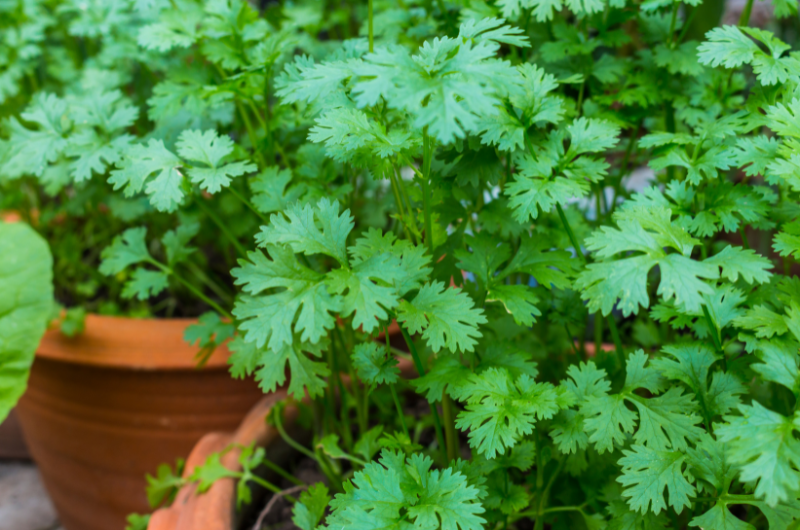
How to make some Coriander products:
Coriander Pesto:
Ingredients: Fresh coriander leaves, garlic, pine nuts, Parmesan cheese, olive oil, salt, and pepper.
Method: Blend coriander, garlic, pine nuts, and Parmesan in a food processor. Slowly add olive oil while blending until smooth. Season with salt and pepper.
Coriander Chutney:
Ingredients: Coriander leaves, green chilies, garlic, ginger, lemon juice, salt, and a touch of sugar.
Method: Blend all the ingredients until you get a smooth chutney. Adjust the salt and sugar to taste.
Coriander Lime Dressing:
Ingredients: Fresh coriander, lime juice, olive oil, garlic, honey, salt, and pepper.
Method: Blend coriander, lime juice, garlic, honey, salt, and pepper. Slowly drizzle in olive oil while blending until emulsified.
Coriander and Lime Rice:
Ingredients: Cooked rice, fresh coriander, lime zest, lime juice, salt, and pepper.
Method: Mix finely chopped coriander, lime zest, and lime juice into cooked rice. Season with salt and pepper to taste.
Coriander-Lime Marinade:
Ingredients: Fresh coriander, lime juice, garlic, soy sauce, olive oil, and a touch of brown sugar.
Method: Blend coriander, lime juice, garlic, soy sauce, olive oil, and brown sugar. Marinate meat or vegetables for a few hours before grilling or baking.
Coriander-Spiced Roasted Nuts:
Ingredients: Mixed nuts, coriander powder, cumin powder, cayenne pepper, salt, and olive oil.
Method: Toss nuts with spices and olive oil. Roast in the oven until golden brown and crispy.
Coriander and Chickpea Salad:
Ingredients: Canned chickpeas, fresh coriander, cherry tomatoes, red onion, lemon juice, olive oil, salt, and pepper.
Method: Mix drained and rinsed chickpeas with chopped coriander, tomatoes, and red onion. Dress with a mixture of lemon juice, olive oil, salt, and pepper.
Coriander Infused Oil:
Ingredients: Fresh coriander, olive oil.
Method: Heat olive oil and add fresh coriander leaves. Let it steep until the oil takes on the coriander flavor. Strain and use in dressings, marinades, or for drizzling over dishes.
Feel free to adjust quantities and experiment with additional ingredients to suit your taste preferences. Coriander’s versatile flavor can enhance a wide variety of dishes.
References
Samir Scandar, Claudia Zadra and Maria Carla Marcotullio (2023) Coriander (Coriandrum sativum) Polyphenols and Their Nutraceutical Value against Obesity and Metabolic Syndrome. Molecules 2023, 28(10), 4187 View
- H.K.Bakhru (1992) Herbs That Heal: Natural Remedies for Good Health. Orient Paperbacks. Delhi, India.
- T.V.Sairam (1999) Home Remedies Vol-II: A Handbook of Herbal Cures for Common Ailments. Penguin Books India.
Send Us A Message
FAQs
- Coriander offers several health benefits, including aiding digestion, helping to lower blood sugar levels, and providing anti-inflammatory and antimicrobial properties. It's also a good source of antioxidants, which can help protect the body from oxidative stress.
- Coriander leaves can be used fresh as a garnish or ingredient in salads, soups, salsas, and curries. The seeds can be used whole or ground as a spice in dishes such as rice, meats, and marinades. Coriander is a key ingredient in many international cuisines, including Indian, Mexican, and Thai.
- Fresh coriander leaves should be stored in the refrigerator, wrapped in a damp paper towel and placed in a plastic bag or container. Whole or ground coriander seeds should be stored in an airtight container in a cool, dark place to maintain their flavor and freshness.
- Yes, the terms refer to different parts of the same plant. In some regions, the leafy green part is known as cilantro, while the dried seeds are referred to as coriander. In other areas, the entire plant may be called coriander.







